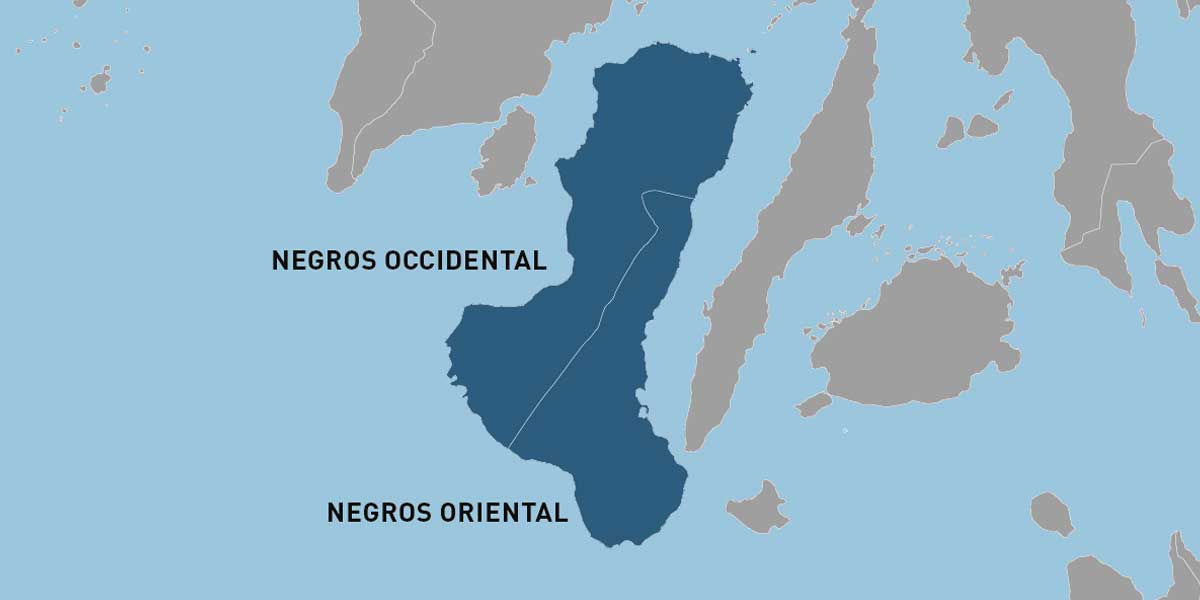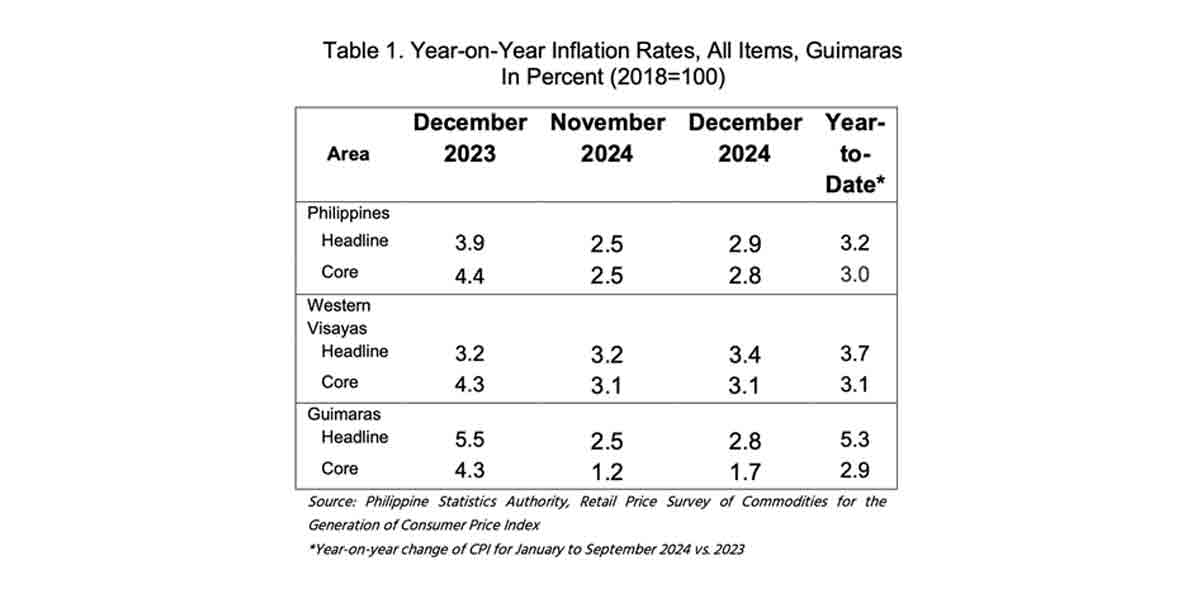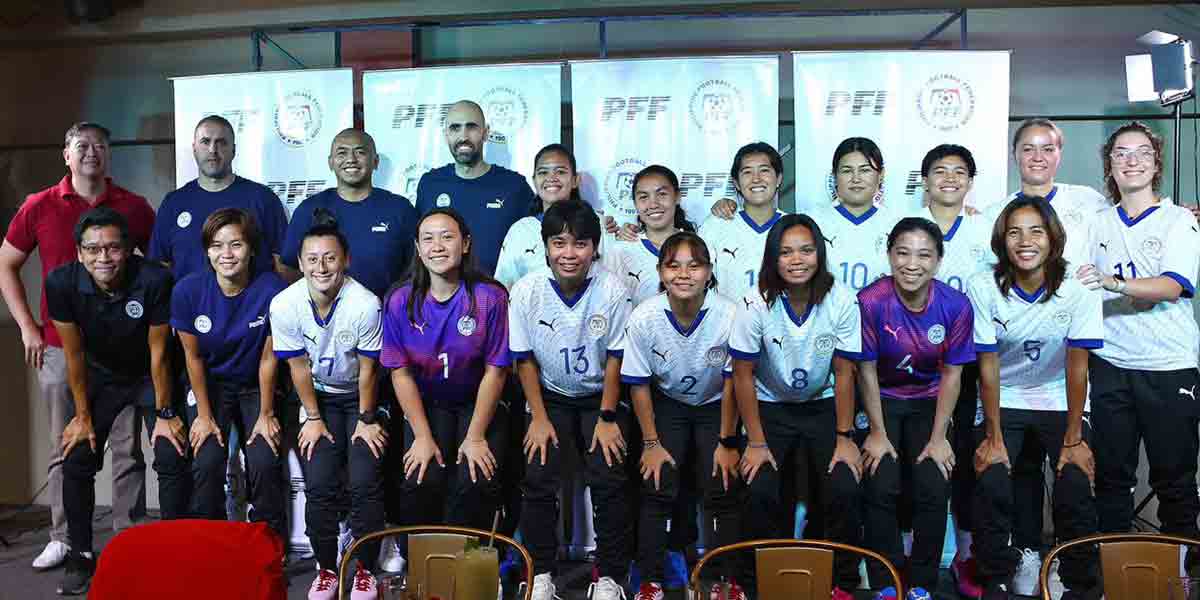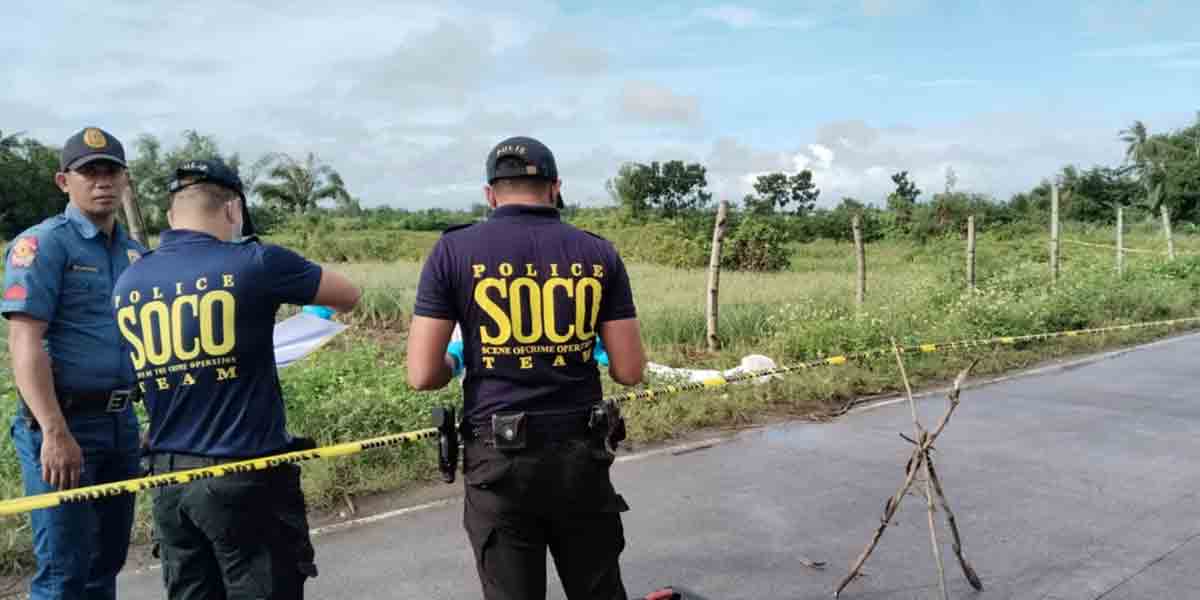Senate Minority Leader Franklin M. Drilon said that the suggestion of Armed Forces of the Philippines chief Lt. Gen. Gilbert Gapay to include provisions to regulate social media in the Implementing Rules and Regulations of the Anti-Terrorism Act is “illegal and unconstitutional.”
“That will go beyond the real intent of the law and, therefore, it is illegal and unconstitutional. Freedom of speech is a sacred and inviolable right of every human being. The Constitution guarantees freedom of speech,” Drilon stressed.
Drilon stressed that the Implementing Rules and Regulations cannot be contrary to the text of the law itself, saying that Supreme Court cases have held that administrative or executive acts are invalid if they contravene the laws or the Constitution.
“No law can be amended by a mere administrative rule issued for its implementation,” he emphasized.
At a virtual press briefing, Gapay said he would propose provisions in the implementing rules and regulations of the anti-terrorism law that will regulate the usage of social media as it is the platform being used by the terrorists to radicalize and even plan terrorist acts. Gapa officially assumed his post last Monday.
“There is nothing in the law which would allow enforcers to regulate or control social media. A proper governmental purpose may not be achieved by means that unnecessarily sweep its subject broadly, thereby invading the area of protected freedoms,” Drilon said.
An act of government that chills expression is subject to nullification or injunction from the courts, as it violates Section 3, Article III of the Constitution, he stressed.
“The threat of restraint, as opposed to actual restraint itself, may deter the exercise of the right to free expression almost as potently as the actual application of sanctions,” the former justice secretary said.
If the intention is to clamp down on terrorist propaganda posted on social media, there are existing models on how that can be done without the need to regulate social media in general – youtube videos and soundbites posted by terrorist groups communicating to a wider audience are clearly identifiable and may be taken down.
If Gapay is after personal communications between terrorists to pre-empt terrorist attacks, then he would do well to acquaint himself with Section 16 the Anti-Terror Law which requires a law enforcement agent or military personnel to file an application with the Court of Appeals before surveillance activities may be conducted, according to Drilon. The provision applies to private communications, data, information, messages between members of judicially outlawed terrorist organizations, members of a designated person, or a person charged with or suspected of committing terrorism.
Drilon voted in favor of the controversial measure that is now pending for review by the Supreme Court. In defending his vote, Drilon said that he had no ulterior motive but to balance the need to protect the Bill of Rights and address the security of the state.
“I proposed about 14 amendments in order to address the issue of human rights and, at the same time, address the security of the state, because terrorism is a matter that we must all confront. I proposed about 14 amendments precisely to protect the right of the people against the incursions of the state and the police,” Drilon said earlier.
“Social media is an effective platform for our people to voice out their criticisms against the government.If we insist on implementing the law this way, which is clearly contrary to legislative intent, then we justify the fears aired by the people against the passage of the law. Let us not be so imprudent as to prove to the people that they are right in their distrust of the law’s implementors,” Drilon said.




















